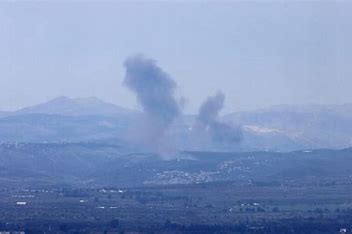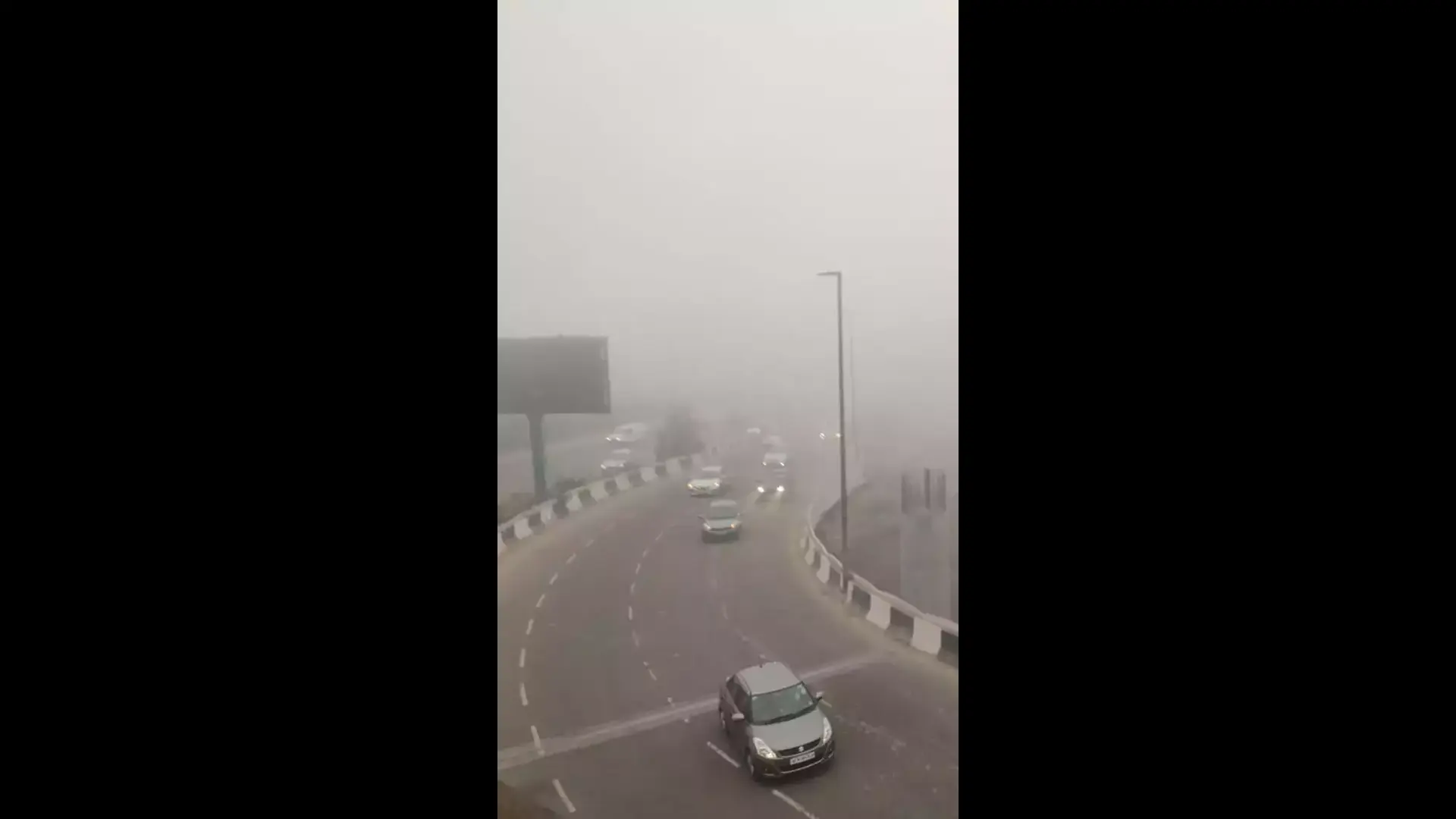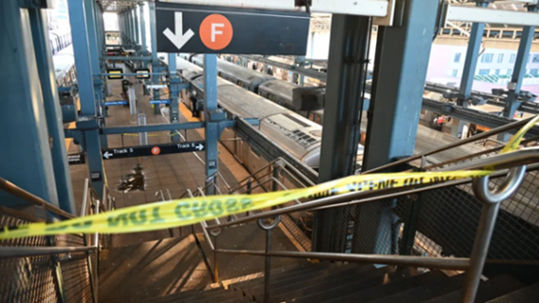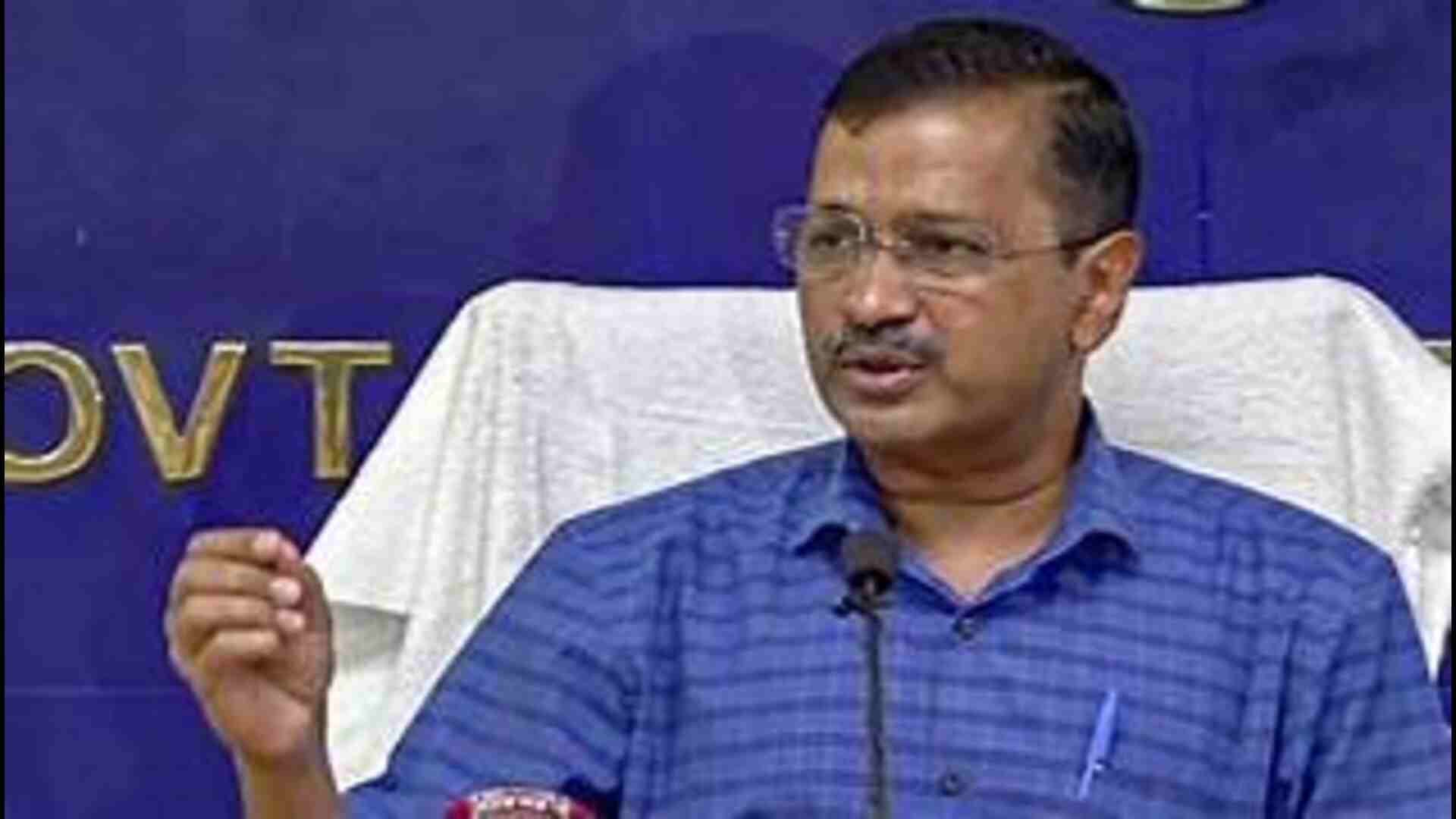On Friday, Israel launched heavy airstrikes on southern Beirut, targeting Hezbollah’s central headquarters. The strikes followed Israeli Prime Minister Benjamin Netanyahu’s speech at the UN, where he vowed to continue attacking Iranian-backed fighters in Lebanon.
Evacuation Order Issued in Beirut
Ahead of the strikes, Israeli military spokesperson Avichay Adraee issued an evacuation order via social media, telling residents in parts of Beirut’s southern suburbs to evacuate. This was the first announcement of its kind for this densely populated area.
Nasrallah’s Fate Unclear
Although Israeli officials targeted senior Hezbollah commanders, it remains unclear if the group’s leader, Sayyed Hassan Nasrallah, was affected. Reports from Iran and Hezbollah’s media outlets claim that Nasrallah is safe.
Escalation Amid Calls for Ceasefire
This attack marks a significant escalation in Israel’s ongoing conflict with Hezbollah, which has already led to over 700 deaths in Lebanon this week. Global leaders, including French and U.S. officials, have urged for diplomacy and a ceasefire, but Netanyahu reaffirmed Israel’s intent to continue strikes.
Hezbollah Fires Rockets in Response
In retaliation, Hezbollah launched rockets at the Israeli city of Safed, with reports of minor injuries. The Israeli military stated that the strikes on Beirut were precise, targeting Hezbollah’s headquarters embedded within residential buildings.
Global Reactions and Escalating Conflict
Lebanese Prime Minister Najib Mikati condemned the strikes, while Iran warned that the attack could trigger significant consequences. The strikes have displaced over 200,000 people in Lebanon, with fears of further escalation growing. Meanwhile, Israel claims Hezbollah rocket attacks have forced the evacuation of 70,000 Israelis from northern regions.
Netanyahu’s Defiant Stance
At the UN General Assembly, Netanyahu justified Israel’s actions, stating, “As long as Hezbollah chooses the path of war, Israel has no choice.” The Israeli Prime Minister has since cut short his trip to return to Israel amid the intensifying conflict.







